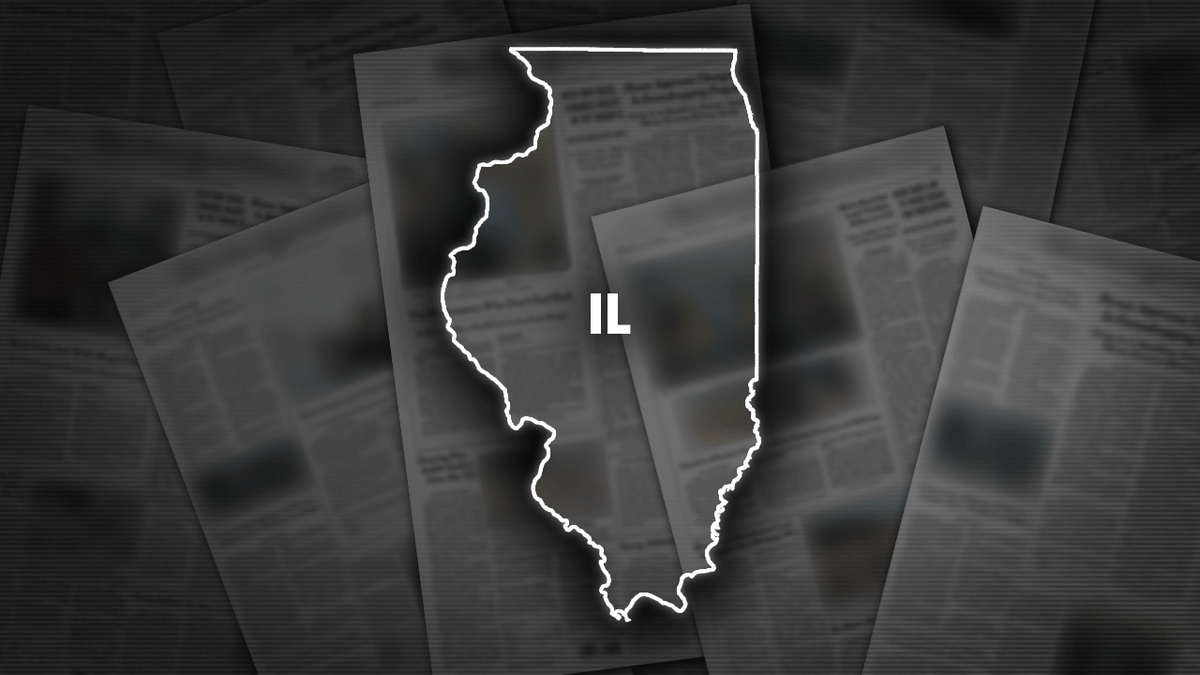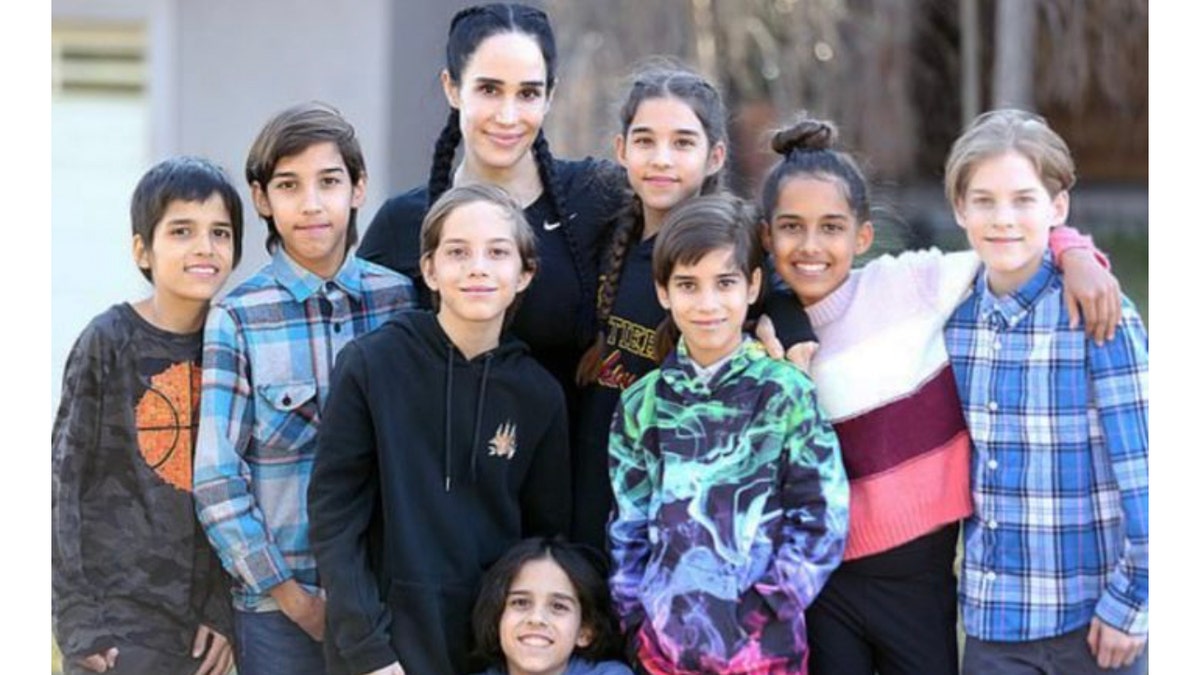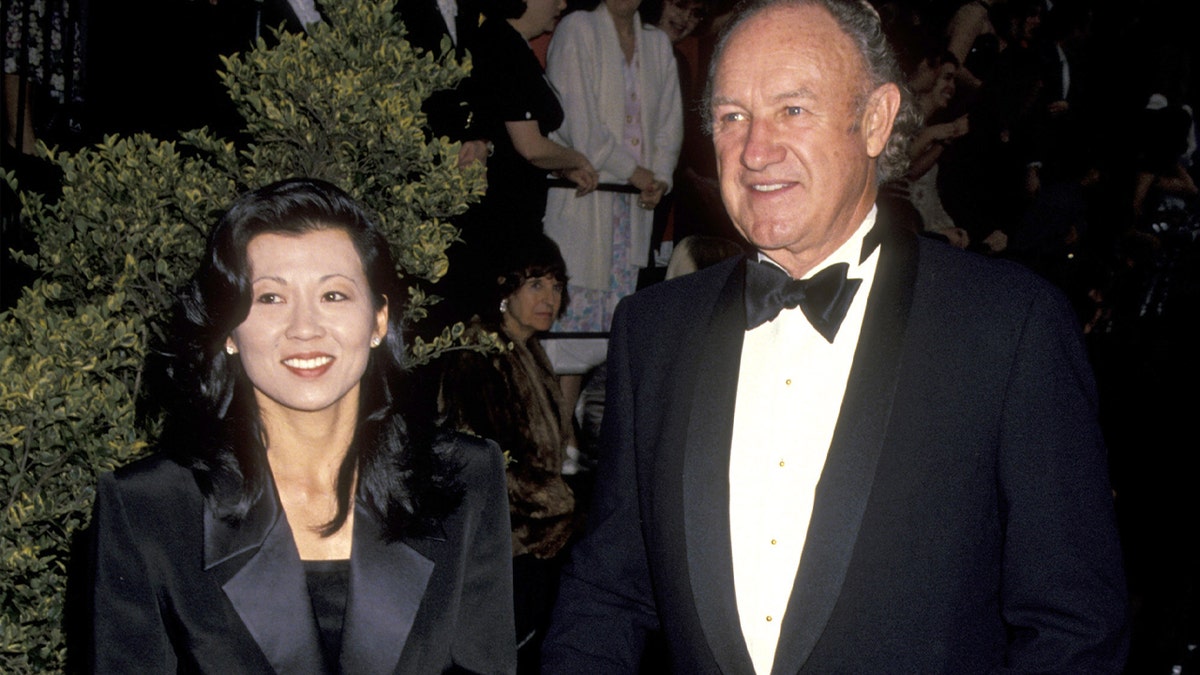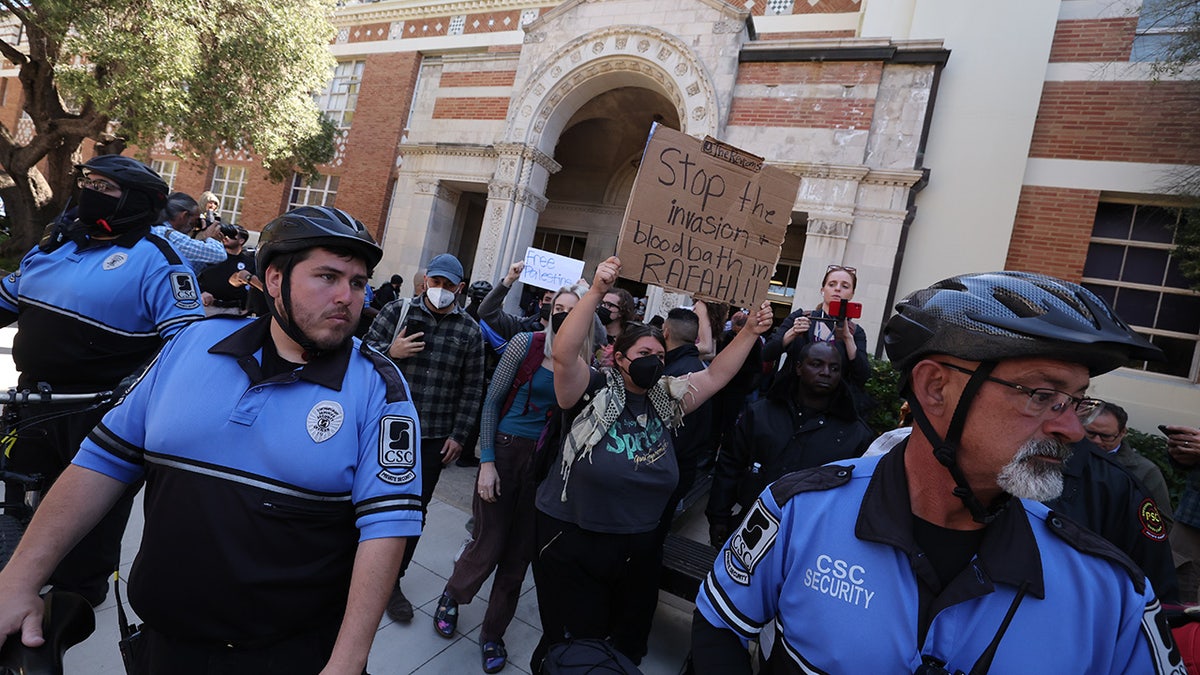Following concerns from agency officials and lawmakers regarding the Trump administration's communications freeze within the Health and Human Services Department (HHS), National Institutes of Health (NIH) Acting Director Matthew Memoli issued a clarifying memo. The memo, distributed to leaders across the NIH, explained that the freeze was intended to allow the new administration to establish review and prioritization processes. Memoli acknowledged confusion surrounding the scope of the freeze and aimed to provide further guidance.
The freeze, implemented last week, halted external communications at HHS, including announcements, press releases, website and social media updates, new guidance, regulations, public appearances, travel by agency officials, and new purchases related to agency work. This action sparked confusion and anger among HHS officials and the medical community, leading to cancellations of scientific meetings and grant reviews, and raising concerns about research impacts.
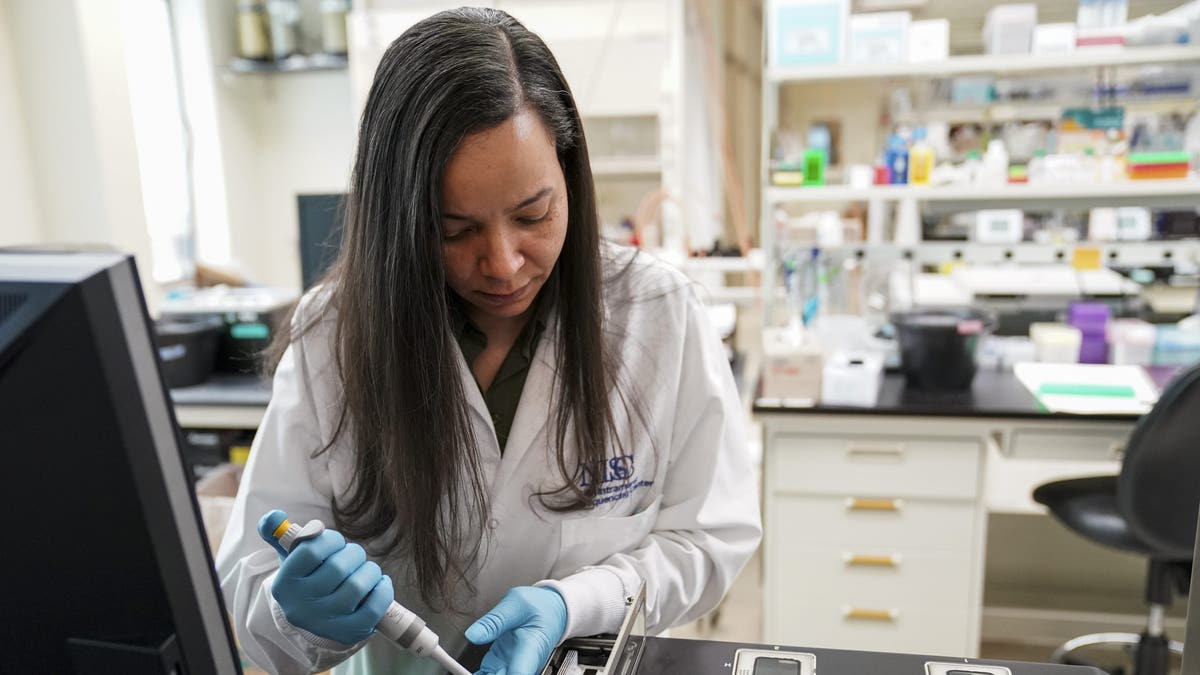
Memoli's memo clarified that ongoing research and clinical trials initiated before January 20th could proceed to avoid jeopardizing investments. Necessary supplies for these studies can be purchased, and related meetings are permitted. While new research projects remain on hold, NIH staff can continue submitting and communicating with medical journals about their work. The memo also addressed the purchase freeze, stating that purchases related to human safety, healthcare, security, biosafety, biosecurity, or IT security can continue, as can related travel and hiring (with exemptions for new hires due to President Trump's federal hiring freeze).
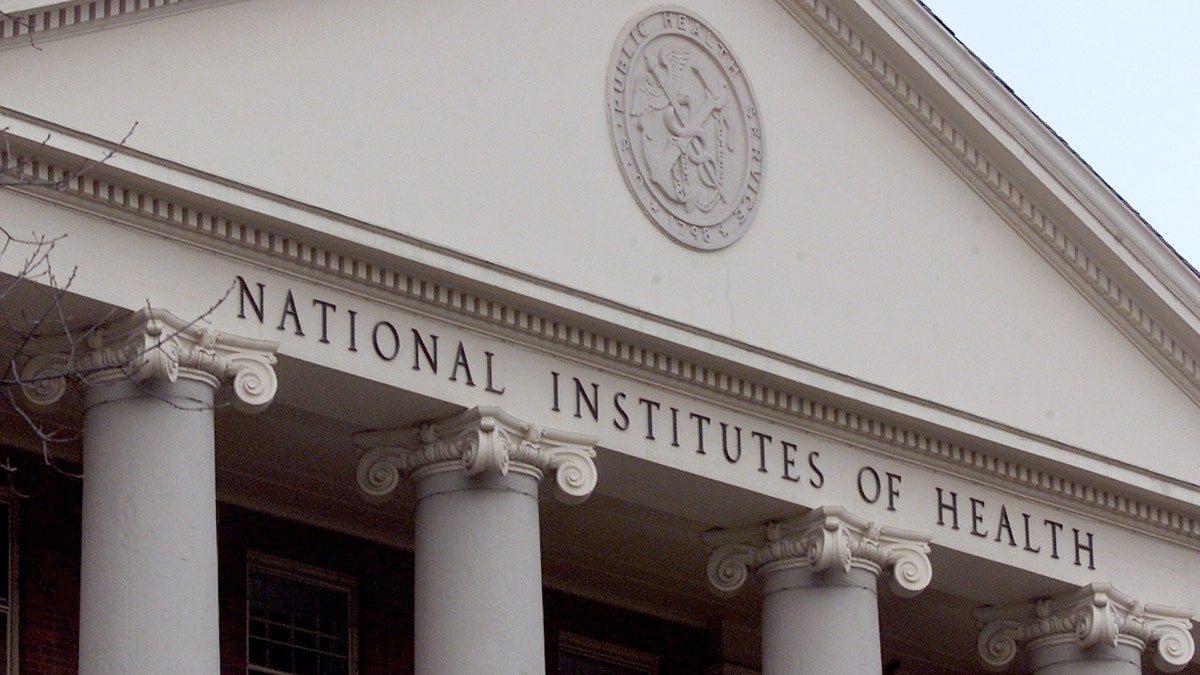
Routine travel planned after February 1st does not need to be canceled, and patient treatment at NIH facilities will continue. External communications remain restricted, except for mission-critical announcements. One such announcement, made by Acting HHS Secretary Dr. Dorothy Fink, addressed the evaluation of current practices to ensure compliance with the Hyde Amendment, which restricts federal funding for non-medically necessary abortions.
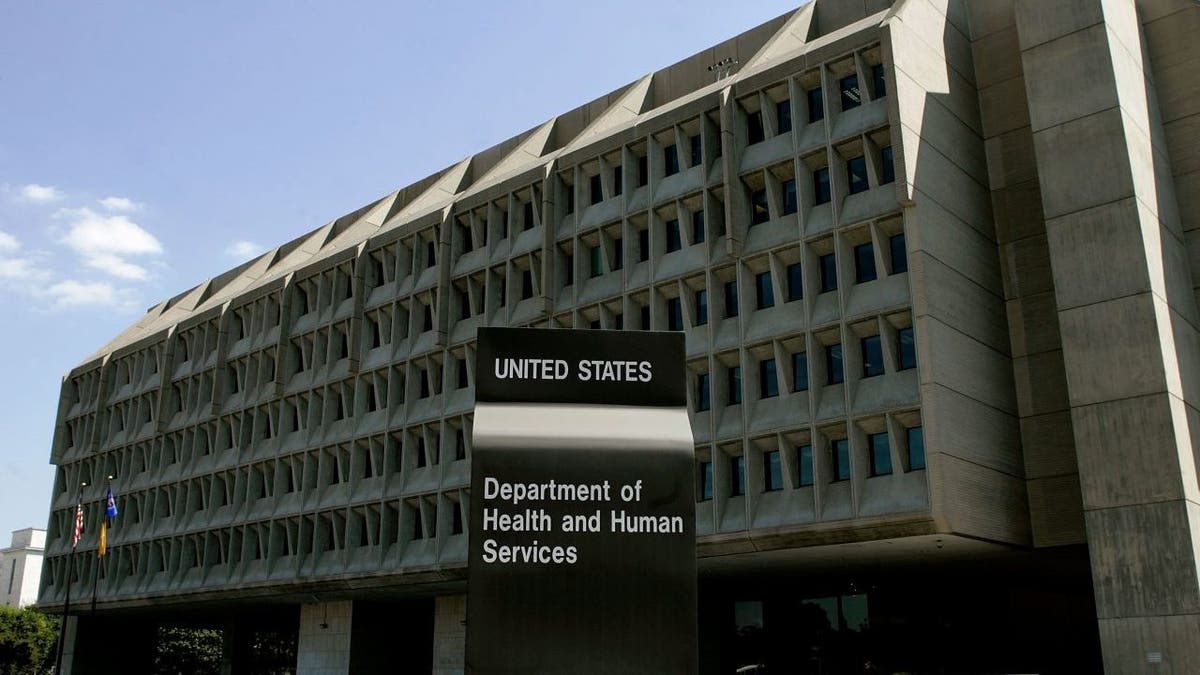
While the HHS pause has drawn criticism, Dr. Ali Khan, former CDC scientist and current dean of the University of Nebraska's school of public health, noted that such pauses are not uncommon. He suggested concern is warranted only if the pause aims to manipulate a political narrative. However, an anonymous long-time NIH staffer expressed concern to Forbes, suggesting the freeze was intended to demoralize and impede scientific progress.

